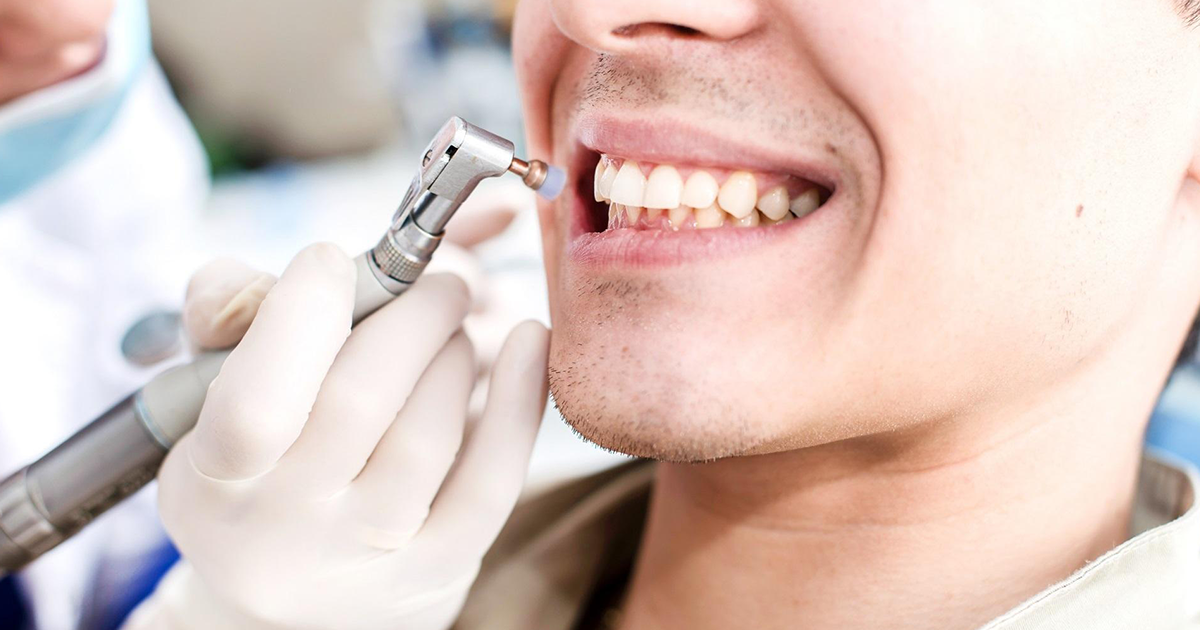
Dental cleanings go beyond simply giving you a sparkling, clean smile; they are vital in caring for your oral health. Beyond the routine scraping and polishing, a scientific approach aims to keep your mouth free from harmful bacteria and plaque buildup. This blog will explore the science behind dental cleaning in Everett, delving into the processes and techniques dental professionals use to protect your oral health and maintain the radiance of your smile.
- Understanding Plaque and Tartar Formation
The foundation of dental cleanings lies in combating plaque and tartar formation. Plaque is a sticky film of bacteria that constantly forms on teeth and gums. When plaque is not adequately removed through brushing and flossing, it can harden into tartar (also known as calculus). This stubborn deposit cannot be removed with regular oral hygiene practices. Dental cleanings target plaque and tartar to prevent their detrimental effects on oral health.
- Scaling: Removing Stubborn Deposits
The first step in dental cleaning is scaling, during which a dental hygienist or dentist uses specialized instruments to remove plaque and tartar from the surfaces of teeth and along the gumline. Scaling is essential for preventing gum disease and tooth decay by eliminating the bacteria and toxins contributing to these oral health problems. The meticulous removal of plaque and tartar during scaling sets the stage for a healthy mouth.
- Root Planing: Smoothing Out Rough Surfaces
Root planing may be performed with scaling in gum disease or deep periodontal pockets. Root planing involves smoothing out rough spots and irregularities on the roots of teeth to discourage the accumulation of plaque and bacteria. By creating a smoother surface, root planing helps promote gum tissue reattachment and reduces the risk of further infection and inflammation.
- Polishing: Smoothing and Shining Teeth Surfaces
Following scaling and root planing, dental cleanings typically conclude with polishing. Polishing involves using a gritty toothpaste-like substance and a rotating rubber cup or brush to remove surface stains and smooth out tooth surfaces. This final step not only enhances the appearance of the teeth but also makes it more difficult for plaque to adhere to tooth surfaces, prolonging the effects of the cleaning and promoting a brighter smile.
- Fluoride Treatment: Strengthening Tooth Enamel
Dental cleanings may sometimes include a fluoride treatment to strengthen tooth enamel and provide added protection against tooth decay. Fluoride is a mineral that helps remineralize weakened enamel, making teeth more resistant to acid attacks from bacteria and acidic foods. By incorporating fluoride into dental cleanings, dental professionals can further fortify the teeth and reduce the risk of cavities.
- Assessing Oral Health: Beyond Cleaning
Dental cleanings not only clean the teeth and gums but also allow dental professionals to assess oral health. During the cleaning appointment, dentists and hygienists examine the teeth, gums, and surrounding tissues for signs of dental issues such as cavities, gum disease, oral cancer, and temporomandibular joint (TMJ) disorders. Early detection of these issues allows prompt intervention and treatment, preventing further complications.
Summing Up:
Dental cleanings go beyond just giving you a dazzling smile; they are crucial in preventive dental care that protects your oral health and overall well-being. By targeting plaque and tartar, smoothing tooth surfaces, and adding an extra layer of defense with fluoride, dental cleanings help prevent gum disease, tooth decay, and other oral health issues. Additionally, regular cleanings allow dental professionals to assess your oral health and catch any problems early on, ensuring prompt intervention and treatment. At Everett Smiles Family & Implant Dentistry, we prioritize your dental hygiene in Everett, offering comprehensive cleanings and personalized care to promote optimal oral health and well-being.


